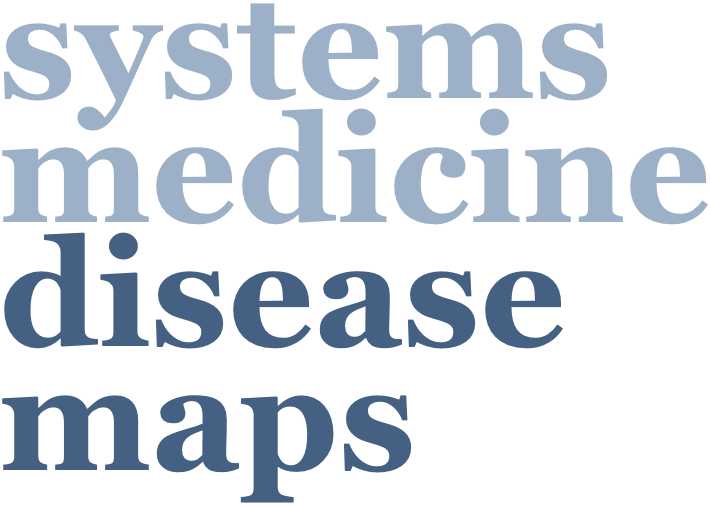
[back to the DMCM’25 Programme]
Title:
Boolean modeling of immune responses to vaccines to uncover their mechanisms and optimize their immunogenicity and efficacy
Authors:
Vincent Deman, Marine Ciantar, Laurent Naudin, Philippe Castera, and Anne-Sophie Beignon
Abstract:
Recent computational advancements have enabled the construction and perturbation of mechanistic models of complex biological systems, such as the immune system, to understand and modulate their dynamics. The Boolean modeling framework offers the advantage of simplifying these systems by focusing on qualitative changes. It has proven to be a powerful tool for gaining insights into underlying mechanisms.
We designed a computational methodology to build and analyze Boolean networks based on a combination of existing knowledge and experimental data (Deman et al, EE/ACM Trans Comput Biol Bioinform 2024). This methodology was applied to uncover the immunological mechanisms of the Modified Vaccinia Ankara (MVA) vaccine using data from a preclinical trial (Rosenbaum et al., Front Immunol, 2020). Our goal was to identify key pathways or molecules for targeted intervention and to evaluate potential strategies in silico to enhance the vaccine’s immunogenicity. The Boolean network representing the innate immune response to MVA closely matched experimental observations, including those from previously unseen (i.e., not used for model construction) perturbation conditions, thus validating the legitimacy of our approach. Through this model, we identified potential strategies—such as novel deletions or combinations of deletions of MVA immunomodulatory genes, and candidate drugs for co-administration—to optimize early immune responses to MVA (Deman et al., in prep).
This work underscores the potential of Boolean modeling to enhance our understanding of the immunological mechanisms of vaccines to more rationally develop, optimize, and personalize them.